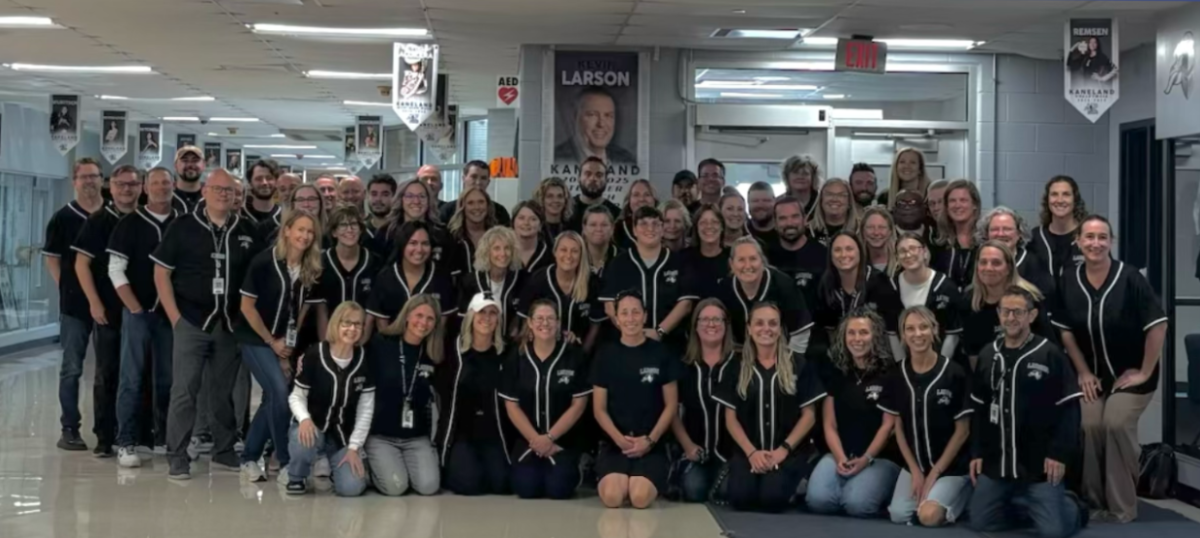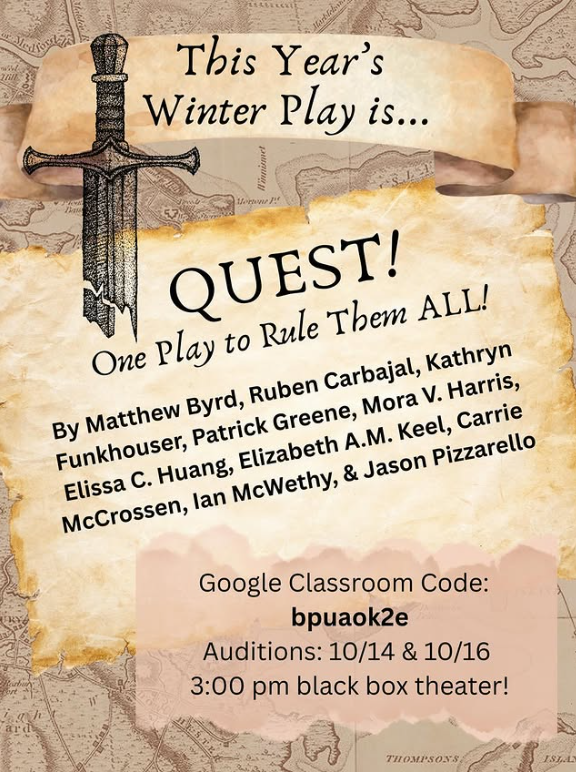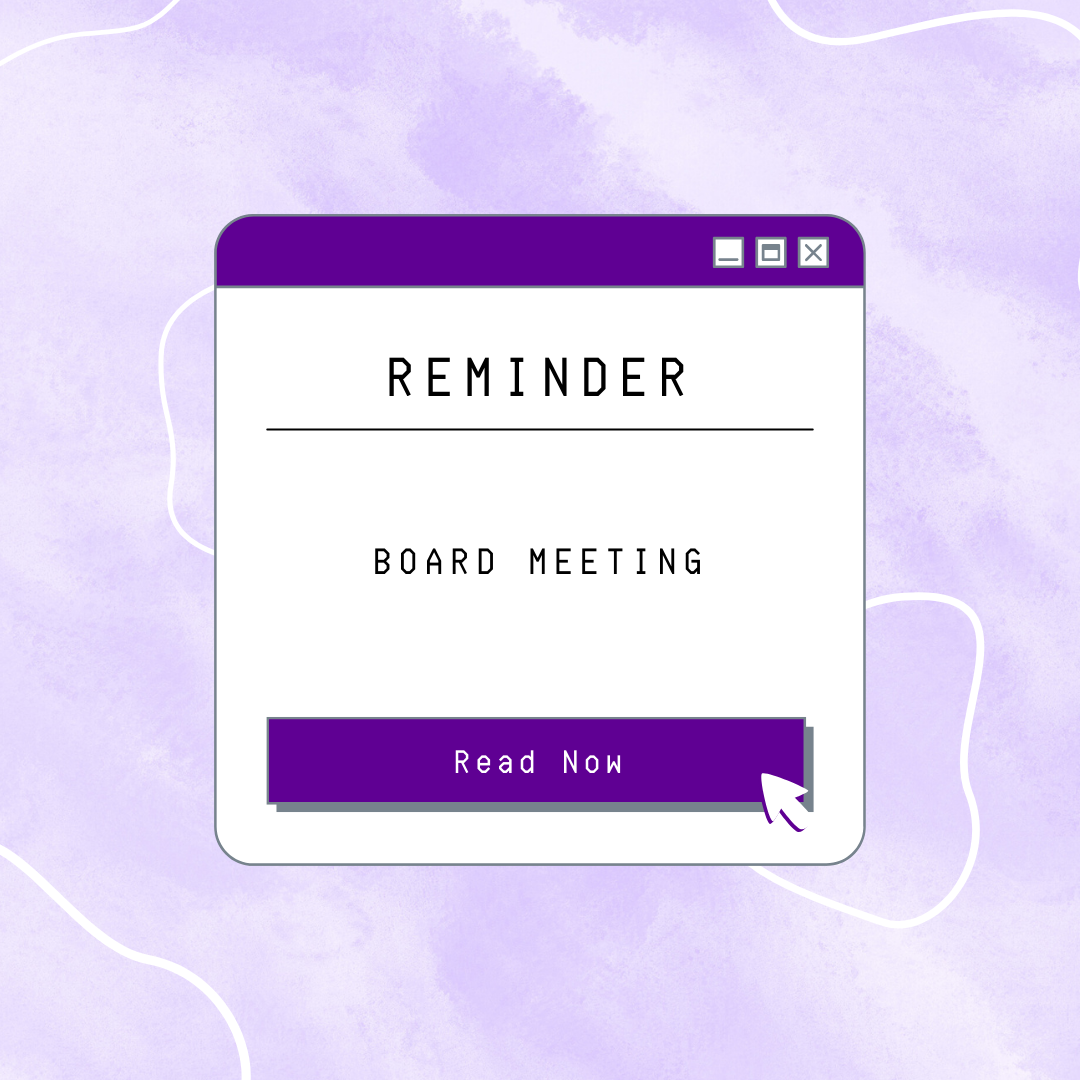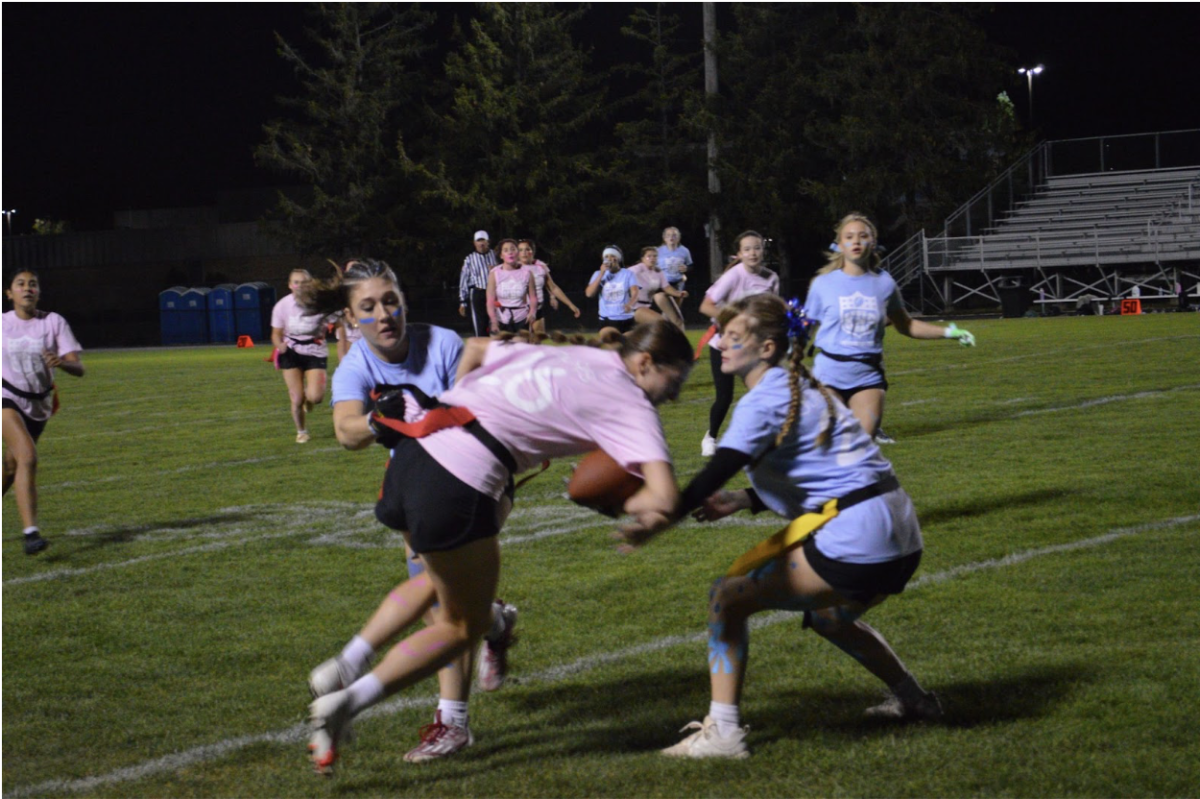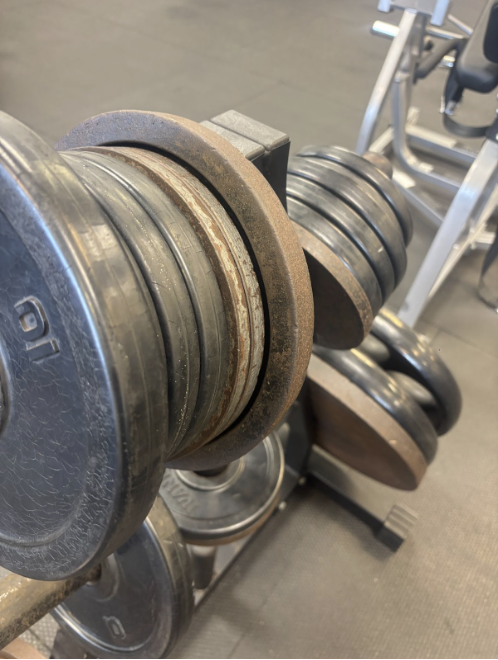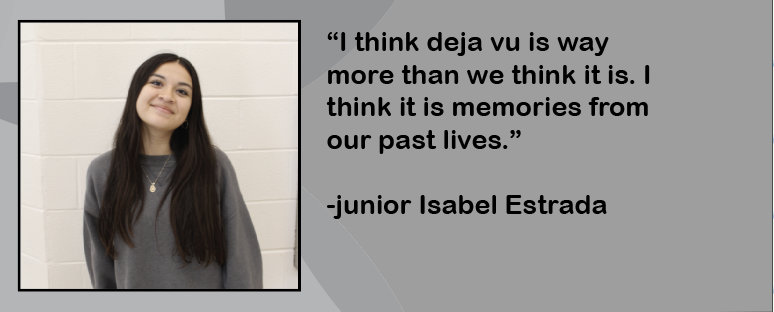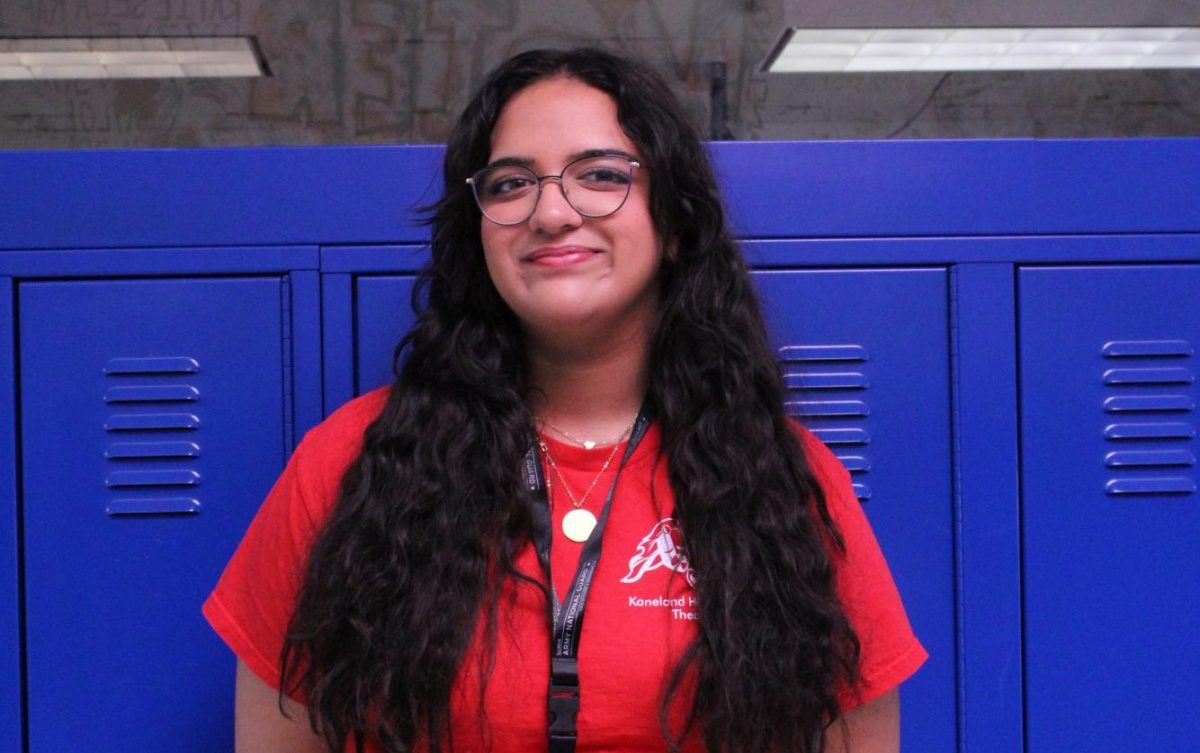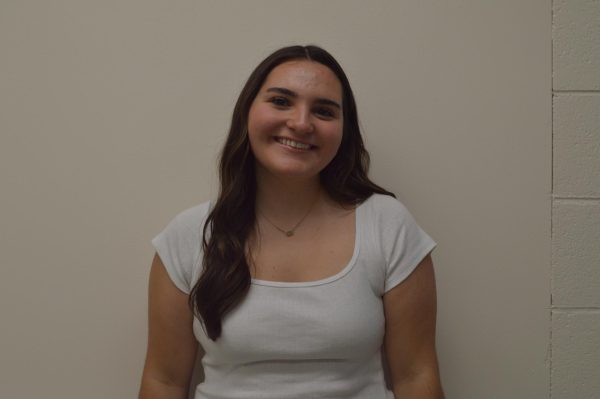Politically driven conspiracy theories are spreading across the nation, fueled by social media, political rhetoric and widespread uncertainty, often emerging during global crises and shifting public opinions and even influencing voter behavior.
About a year ago, many conspiracy theories tied to the 2024 election circulated, including claims of fraud,
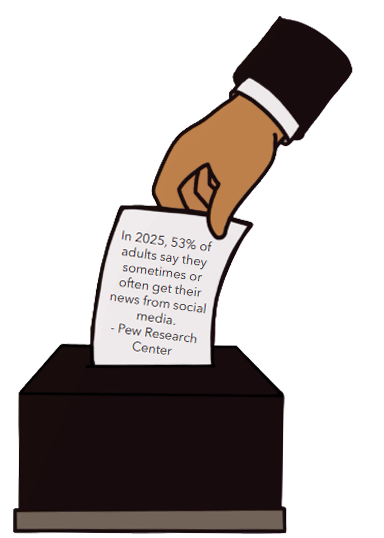
manipulated ballots and hidden influence by opposing parties. These claims were amplified by social media, often on platforms like Facebook, TikTok and X.
Voter fraud conspiracy theories are one of the causes of widespread misinformation in the United States and continue to divide Americans on electoral fairness. These theories have intensified the political divide between parties and have made many voters question the democratic voting process.
Even President Donald Trump has instigated a debate surrounding voter fraud. On Nov. 5, two days after Election Day in 2020, Trump was quoted by the White House Archives implying democrats were dishonest about the integrity of the votes being counted, specifically in swing states.
“It’s a corrupt system,” Trump said then. “It makes people corrupt even if they aren’t by nature but they become corrupt; it’s too easy. They want to find out how many votes they need, and then they seem to be able to find them.”
However, the Republican party is not the only political party who has suspicions about the voting process in America. After the election in 2024, many loyal liberal-leaning voters were suspicious about Elon Musk’s role and praise of Trump in the election.
“Within hours of President-elect Donald Trump’s projected victory in the 2024 election, conspiracy theories began to spread among those who opposed him,” CBS reporter David Becker said. “On the left, there were claims that ‘the math just didn’t add up,’ that 20 million ballots were ‘missing’ or that Elon Musk’s Starlink was uploading fake votes to help Trump.”
Such conspiracies have sparked public debate, intensified criticism of electoral institutions and raised concerns about trusting government officials. Many conspiracy theories are formed from complex interactions between psychological and cultural narratives. However, these theories can influence integrity, trust, mental health and relationships.
With the evolution of social media, films, music and artificial intelligence, it can be hard to decipher the truth in the news. With the amount of issues in the world, lies, opinions and facts are all mixed together, making the truth questionable at times.
“I usually get news from social media or TV,” junior Ava Zion said. “I never believe anything on TikTok. I feel like I’m able to tell when things aren’t real, especially with fake news and AI now.”
When people see news on social media, they often question the bias, intent and rhetoric. In recent years, though, there has been a trend in conspiracy theories formed by a distrust for the media and government officials. These theories have become a global and social phenomenon.
“When you repeat a lie often and loudly, people start to question their own thoughts and start to believe their lies,” English teacher Kristen Johnson said.
“Then that leads them to vote based on their learned lies and not what they once knew to be true.”
Social media plays a major role in this process, but the platforms people use often depend on their generation. While most of the younger generations gravitate towards newer social media platforms such as TikTok or Instagram, many older generations look to platforms like Facebook or X for their news. All of these networks cultivate political conspiracy theories, but they manifest themselves uniquely in different generations.
“I think we’re (Gen Z) definitely more aware considering we grew up with the internet and grew up with AI,” Zion said. “I feel like a lot of the time kids can tell [what is] AI versus adults because we’ve just seen so much of it compared to them.”
Despite the younger generation’s ability to decipher misinformation and AI-generated media, conspiracy theorists still continue to gain influence. Differences in media literacy, digital consumption and trust in different news sources can make several groups more susceptible to believing conspiracy theories. As a result, political events and scandals often influence these theories.
One well-known theory popularized by liberal media surrounds Trump’s assassination attempt during his presidential campaign back in a July 2024 campaign event. This event caused another major political divide, with both parties finding a way to fit the occurrence into their political agenda.
According to an article by Associated Press reporters Melissa Goldin and David Klepper, an X post following the assassination attempt claimed, “This image of Trump was taken today. There is absolutely nothing wrong with his ear, and it has zero damage, FROM A BULLET. Everything about Trump is a con or a grift.”
In reality, the photo this post was referring to was one from two years prior of Trump at a political rally. The post received around 26,000 likes and 8,600 shares, demonstrating the number of people who believe the misinformation and conspiracy theories they read online.
Another claim that was spread in 2018 by conservatives details what became known as Spygate, a theory that the Federal Bureau of Investigation (FBI) secretly placed an undercover informant to spy on Trump’s 2016 presidential campaign. The FBI did possess an informant who was in contact with Trump’s campaign associates. However, the role of the informant was not to sabotage Trump but to investigate any Russian interference in the 2016 election.
According to an article by Associated Press reporters Mary Clare Jalonick and Jonathan Lemire, “The White House has given no evidence to support Trump’s claim that the Obama administration was trying to spy on his 2016 campaign for political reasons. It’s long been known that the FBI was looking into Russian meddling during the campaign and that part of that inquiry touched on the Trump campaign’s contacts with Russian figures.”
Although sources prove the theory false, Spygate continues to be brought up in political discussions and serves as a point of contention between the two major political parties. The theory itself contributed to the distrust of political figures and the FBI as a whole.
Regardless of which side pushes a conspiracy theory, they are impacting the overall integrity of our democracy. Conspiracy theories illustrate the ways misinformation spreads across generations and media platforms, shaping how people interpret political events and scandals.
At this point, the United States is very divided politically, making it hard to find common ground or see eye to eye with others from the opposite political party. Conspiracy theories are only fueling Americans’ distrust for the government and causing complex and confusing agendas to be popularized in society.


